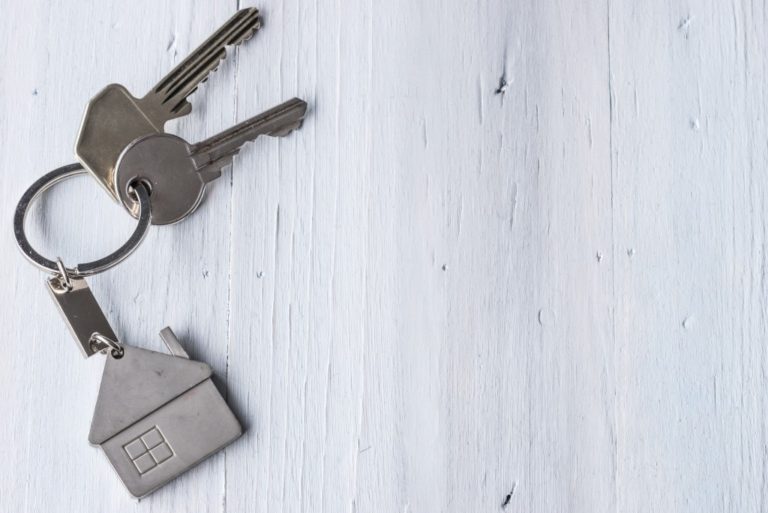Pre-approval is the last step toward mortgage application in Utah. It is the point where your prospective lender takes an in-depth look at your credit standing and makes an official offer regarding the size and interest rate you qualify for.
Considering that getting pre-approved for your home loan in Ogden, Provo, or Salt Lake City, involves a hard inquiry, it is unwise to do it prematurely, or else you will reduce your credit score for nothing. So, how do you know when to seek mortgage pre-approval? Below are the signs indicating that you should pursue it.
You Have Been Pre-Qualified
Before you get pre-approved, it is imperative to get pre-qualified first. It is not a requirement, but it pays to have an idea of how much you can borrow in the first place. The offer you receive during pre-qualification has little value on paper, but it can be accurate if you provide accurate information to your prospective lender.
You Have Fixed Errors in Your Credit File
Never get pre-approved for your home loan without knowing for sure that your credit reports are 100% error-free. Otherwise, your credit score can be lower than the actual number, and you suffer the consequences. You can be offered higher interest, be forced to pay a larger down payment and be restricted to borrow what you need to buy the house you have set your sights on.
Credit file cleaning is another reason why you should get pre-qualified before you get pre-approved. During pre-qualification, you can pull a credit report yourself from a free online source without impacting your credit score. Reviewing your credit report in advance gives you time to improve your qualifications before the credit assessment that indeed carries weight.
You Have Found the Right House

Use your pre-qualification offer to narrow down your property choices, not your pre-approval one. A mortgage pre-approval has an expiration date, which typically lasts anywhere between 60 and 90 days. If you have no prospective property yet when you get approved, you are putting unnecessary time pressure on yourself to find a house you like and can afford.
You Have Seasoned Your Funds
During pre-approval, a lender will require you to submit bank statements covering your financial activity within the past 60 days. Unusually large deposits will merit scrutiny, so make sure all of the assets you want to use have been in your checking or savings account for at least two months to avoid unwanted suspicion.
You Are Ready to Close in Two Months
As mentioned, a pre-approval offer can expire in 60 days. If you fail to close, you have to do the entire process all over again and probably get a different result. Any material change to your qualifications can affect your creditworthiness.
If you already like the offer you initially receive, you can lock your rate to keep it from increasing due to uncontrollable market forces. But if you think it can still go down from the date of pre-approval to formal acceptance of the offer, you can let it float. Either way, make sure you are ready to buy the house when you get pre-approved to avoid wasting your time and energy.
You can’t take out a mortgage without getting pre-approved first, but it is not something you rush. If you do it right, you can receive the most favorable offer while absorbing the least impact on your credit score and finances.






